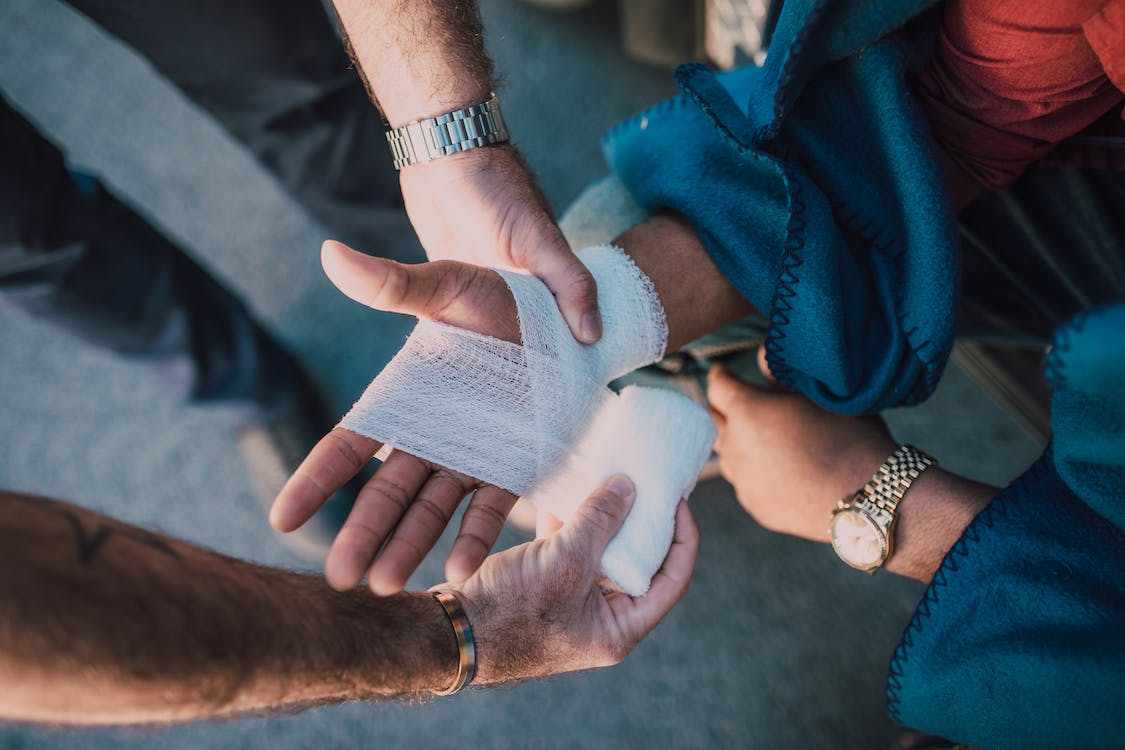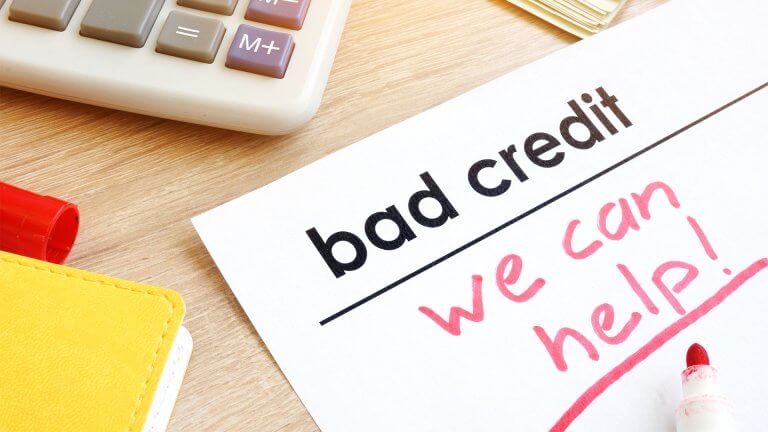It’s no secret that personal injury claims have increased and are becoming a nightmare for small business owners—not just because they’re expensive.
While it’s true that most small businesses don’t have the resources to fight these kinds of claims, understanding them is important, and business owners need to know how these claims affect a business. After all, information is the first step to making informed decisions.
Are you a small business owner who wants to know how much of an impact personal injury claims have on your bottom line? If yes, this post will look at how personal injury claims affect small businesses and what you can do to avoid them in the future.
1. They can create a negative business perception among customers
First, increased personal injury claims are bad news for your business and customers. Here is why
When your customers hear that employees are filing and winning personal injury claims against your business and you’re paying to settle these cases, it can create a negative perception of your business that might make these customers unlikely to shop with you again.
Because business success often boils down to how customers perceive your business, it is important to ensure that you’re properly managing your risks before something happens.
Here are some tips you can use to reduce the odds of workplace accidents—and the resultant claims:
Train your employees—always have safety training sessions scheduled to ensure employees know what to do to stay safe in the workplace. Safety training should be among your topmost investment priorities as a business owner.
Ensure all equipment is well maintained—you wouldn’t take your car out in bad weather just because it looked good, would you? Likewise, ensure that employees work with well-maintained machines, especially those with moving parts.
Keep employees informed about emergencies—ensure they know where the nearest fire extinguisher is and how to use it.
Ensure everyone has access to first aid kits at all times—they’re not expensive!
2. Increased legal spending
As a small business owner, you know that most things you do within your business cost money. When your business has to fight many personal claims, you will spend more on defending your business, which can be very costly, especially when you don’t have an in-house attorney.
Fortunately, you can reduce such instances by being careful about how you manage your employees. Ideally, you want to adopt a managerial style that makes employees happy and satisfied with their work because it can quickly become an expensive problem if you get it wrong.
However, because workplace accidents never announce themselves, you can protect your business against such claims by hiring an on-call personal injury lawyer for your small business if you have any concerns about employee safety or health. A personal injury lawyer will know how to handle all legal issues related to accidents, property damage, and any injuries that may occur on or near your premises.
Additionally, an on-payroll general counsel will also represent your small business in court and offer advice on any legal issues arising from these accidents—such as whether or not it’s worth pursuing an insurance claim or if there are other ways to seek compensation.
3. Increased general liability insurance premiums
A commercial general liability insurance policy is one of the first things you should get when starting your small business. It covers you in case someone gets hurt on your property, including slip-and-falls and car accidents, or gets injured by something you sell. Your general liability insurance policy also protects against lawsuits that result from claims made against your business.
Unfortunately, when many employees file personal injury claims against a business, the insurer can decide to increase the insurance premiums, which can have far-reaching effects on a business and its profitability.
Conclusion
As a small business owner, the last thing you want to worry about is being liable for someone else’s medical bills. Fortunately, as highlighted in this post, you can take action to safeguard your business against the rising cases of personal injury claims.

























